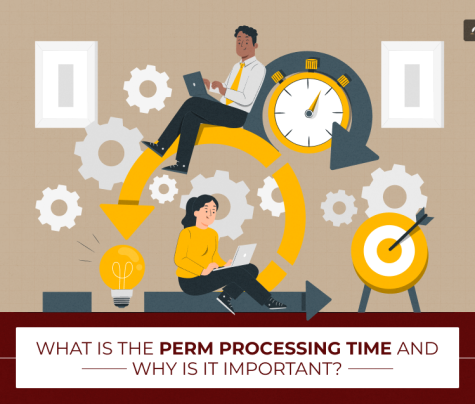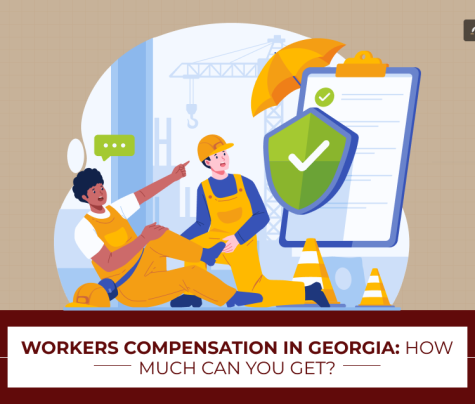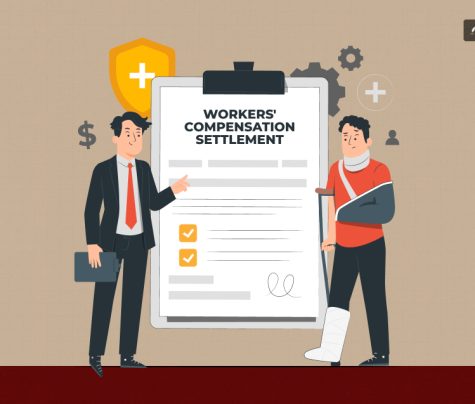
It would be wise to consult an employment attorney in various situations, such as when considering firing employees or making business decisions that may have legal ramifications. When in doubt, consult with one as soon as possible.
An attorney may also come in handy when reporting harassment, discrimination, or safety concerns to your employer – they can protect against any retaliatory action taken by them against their employees.
Employees or employers often require legal advice on employment matters such as workplace harassment cases, retrenchment and workforce reduction programs, confidentiality agreements, or any other work-related legal concerns.
Individuals can quickly follow a few practical strategies to locate an attorney suitable for their case.
Why Do You Need Employment Attorneys For Employees?
An attorney can assess the merits of your claim and offer guidance about the best course of action for you. They will also help educate you about state and federal laws regarding wrongful termination, wage disputes, and discrimination.
Once you believe your rights have been violated, the best time and place to find an attorney is immediately. Before hiring one, however, ensure you have utilized any internal processes available to you first.
As an employee, preparing a written chronology of events is crucial before meeting with your attorney. This will ensure the facts of your case are presented accurately and can help strengthen any future lawsuits if necessary.
As an employer, it’s also advisable to contact local and state bar associations offering attorney referral services. These organizations consist of lawyers specializing in employment law who will be able to assist in finding one for you.
1. Litigation
Employment lawyers assist individuals and companies facing workplace-related disputes. These include wrongful termination, wage and hour claims, and discrimination in court.
In addition, employment attorneys for employees offer advice on how to best defend against lawsuits that arise within an organization or individuals. As well as help draft employee handbooks that comply with state and federal employment laws. They may even assist with contract negotiations with employees and insurance providers as needed.
Employers may hire an attorney to review their payroll and human resources processes to comply with all local, state, and federal workplace laws.
This professional can ensure any new hiring policies the business plans to implement do not violate existing legislation; misclassifying employees can incur significant fines due to unpaid overtime wages; therefore having a legal expert review these changes could save their organization thousands in fines and penalties.
They generally fall into two camps: those representing plaintiffs or employees – commonly known as workers’ rights attorneys or discrimination lawyers – and those representing employers/management. Although some attorneys specialize in one side or the other, others provide legal guidance in all situations.
An employment attorney can not only offer advice and counsel but can also act as a mediator or arbitrator when there is an employer-employee dispute that cannot be settled out of court. They can assist both sides by crafting a written agreement between themselves that suits both sides’ interests.
Be sure to ask employment attorneys near me about fees, available resolution options for cases, and odds of winning while finding out who will work on it (whether that is yourself or an associate attorney).
2. Negotiation
It is wise to consult an employment attorney when any issue arises. An attorney can review your business practices, ensure compliance with state and federal regulations, and help avoid costly mistakes in the future.
Employee-related disputes typically include documentation to back their claims, such as pay stubs or W-2 forms showing they were underpaid or denied overtime, time-stamped records showing when they clocked in and out, etc. They can review such documents and other evidence to craft a solid legal strategy against their opponent.
If an employer violates employee rights, he or she can file a formal complaint with either the U.S. Equal Employment Opportunity Commission (EEOC) or an equivalent state agency; alternatively, they can file a workers’ compensation claim or lawsuit against him/her; when doing this an employment lawyer can help guide and represent them before the court.
Employment attorneys for employees offer invaluable help with other workplace issues. For instance, they can review and troubleshoot employment-related contracts that your business uses with its workers.
It includes employment agreements, severance agreements, releases, and waivers that often contain complex legal language. Language that’s hard to decipher on your own – an employment lawyer may suggest revisions that benefit both your business and its workers.
Suppose your company plans to lay off some or all of its staff. In that case, an attorney can provide help drafting severance packages that conform with state and federal regulations.
This could include payments such as severance pay, unutilized vacation and sick days, and health insurance benefits, as well as helping create employment policies.
It helps to mitigate potential conflicts and minimize legal risks. Employment law is complex and constantly changing, so having legal representation that protects your business can make all the difference in efficiency and results.
3. Consultation
An attorney can be invaluable when navigating the legal issues related to your workforce. These professionals possess expert knowledge of state and federal employment laws such as wage and hour regulations, FMLA exemptions for employers, discrimination laws, harassment legislation, healthcare legislation, employee classification rules, and employee classification issues affecting the workplace.
Employers seeking to avoid costly litigation in the future should consult an employment attorney to assist in drafting contracts, interpreting employee handbooks and policies, preparing for audits or investigations by government agencies, resolving workplace disputes, addressing discrimination claims, hiring process assistance, policy implementation changes or procedure implementation changes as well as advice on all employment-related matters.
A lawyer really is important in cases of toxic work environments or mistreatment or termination by employers, to level the playing field and fight on your behalf for compensation that you deserve. According to this site, they can also be invaluable resources should your employer violate employment law standards by not paying overtime, failing to adhere to health and safety rules, withholding pregnancy/parental leave entitlements or taking action against those filing workers’ comp claims.
Each paycheck contains deductions to cover taxes and unemployment insurance premiums, often without being cleared by employers first. Filing for unemployment benefits often encounters resistance from employers who fear having their rates increase due to your filing; having access to an attorney will give you the edge against them in obtaining what is rightfully yours.
Employers and employees alike can benefit from having access to an attorney. Our firm can set up an appointment for consultation with one of these legal experts today! Reach out to us now so we can arrange it.
4. Expertise
Employment lawyers specialize in all areas of employment law and understand its nuances intimately. They ensure employers and employees comply with state and federal employment legislation. When issues arise related to wrongful termination, wage violations, workplace harassment, or similar problems, they can assist you accordingly.
Employees need access to an employment lawyer. As soon as possible after starting employment, consulting an attorney is an ideal way to protect your rights. It can save you in any legal documents about the relationship between yourself and your employer. Doing this early can help ward off future difficulties.
Additional Things You Need To Know
Your lawyer gives you peace of mind knowing that should any problems arise, they’re available and prepared to help.
Business owners would do well to consult an attorney when making decisions impacting many employees, such as layoffs or changing retirement or stock options plans.
Doing so ensures compliance with state and federal employment laws. Here are some additional things that employment lawyers can do for you:
● Help you understand your rights and options under the law
● Represent you in negotiations with your employer
● File a lawsuit on your behalf if necessary
● Negotiate a settlement on your behalf
● Provide you with legal advice and guidance throughout the process
The Final Say
If you have any concerns about your employment, speaking to an employment lawyer as soon as possible is essential. An attorney can help you protect your rights and ensure that your employer treats you fairly.
For more such business and employment content, follow our page. However, leave us feedback on the content that we churn out. It will help us serve you better.
Read Also:
- Florida Employment Laws: A MUST-HAVE Guide to Your Workplace Rights
- A Detailed Look At Eligibility Criteria For Workers’ Compensation
- Who Is A Migrant Worker And What Are Their Struggles?










2 Reply
Securing Justice For Unfair Dismissal: Tips To Secure Your Employment Rights With The Best Lawyer?
April 8, 2024 at 6:39 am
[…] If you see your termination was wrong and unlawful, contact a professional employment attorney from Stevens & Associates immediately and get the justice you deserve.Read Also…Proactive Measures For Employee Injury Responses Worth ImplementingWhy You May Need Employment Attorneys […]
Reply7 Effective Negotiation Techniques For Lawyers - LawyersInventory
December 6, 2023 at 5:43 am
[…] Employment law cases often involve complex workplace-related legal issues. Effective negotiation techniques are a powerful tool for lawyers to advocate for clients and achieve favorable outcomes in these cases. […]
Reply